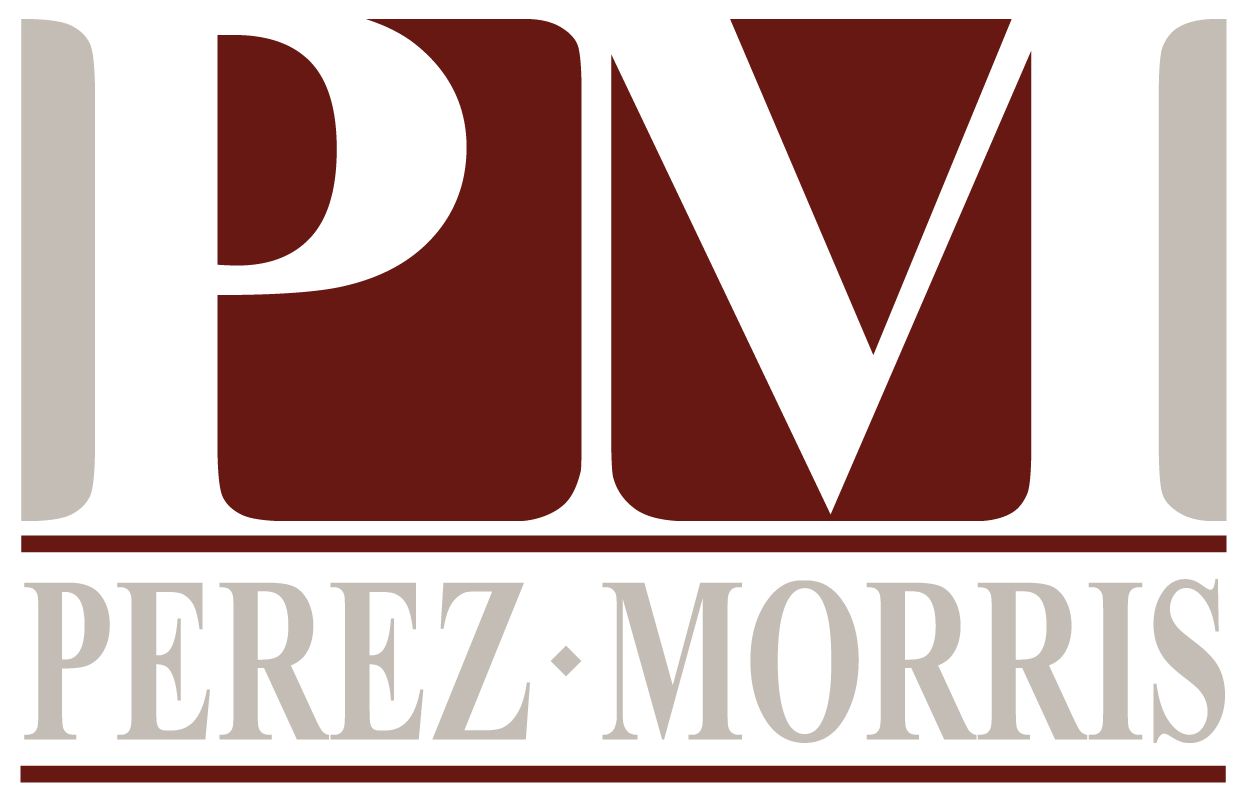According to a recent Wall Street Journal article (WSJ.com/blog) a vast majority of whistleblowing employees go to the manager or supervisor they trust most with their concerns, which often tends to be an employee in middle management. In fact, 95% of all incidents are reported straight to managers, not hotlines (Corporate Secretary). Because of this, it is essential that businesses train their middle management to appropriately handle whistleblower situations. If untrained, there can be huge financial and public relations implications.
Unfortunately however, according to Christine Chi, General Counsel of Financial Crime Compliance and Co-Head of the Global Internal Investigations Group at HSBC Holdings PLC, “[h]aving sophisticated enough personnel to engage in a meaningful and responsible back-and-forth with someone who’s raised concerns…takes a lot.” So, what is the value to the company to invest in training and personnel who are sophisticated enough to handle these situations?
The two biggest fears, which stop whistleblowers from coming forward, are (1) fear of retaliation and (2) fear that no action will be taken to stop the issue (Corporate Secretary). According to a recent study, 62% of all whistleblowers lost their jobs, 18% felt they were harassed or transferred, and another 11% had their job responsibilities or salaries reduced (http://ethics.csc.ncsu.edu/). With trained middle management who know how to appropriately act in whistleblower situations, companies have an opportunity to investigate and take corrective action regarding any internal problems. Without a trained middle management, companies risk situations similar to GM’s (Philly.com) whose management ignored a whistleblower regarding faulty Chevy Cobalt parts, which led to 13 deaths and 54 accidents (businessweek), or Trader Joe’s who is currently being sued by a former employee for allegedly firing him for whistleblowing (Northjersey.com/traderjoes). In Trader Joe’s case, the employee was allegedly fired for not having a “sense of fun” for reporting spoiling food, rodent droppings and faulty coolers and freezers.
Addressing and fixing internal issues as they present themselves and before they become a financial and legal hardship is absolutely paramount for businesses. Case and point: GlaxoSmithKline agreed to a $3B settlement for misbranding their drug Paxil (among other things); Merck, Sharp, & Dohme, agreed to a $950M settlement for misleading doctors regarding their drug Vioxx (ConstantineCannonWhistleblowerSuccesses); and GM was forced to recall 20 million vehicles after ignoring a whistleblower who tipped them off to serious problems.
Many of these examples started as small problems and were ignored or never fully corrected by the company, forcing whistleblowers take their complaints outside the business, to places like the SEC. Just last year, the SEC gave out their biggest award ever, when they awarded an anonymous whistleblower $14M (Shrm.org). As the awards and whistleblower protection laws grow, it is imperative that businesses both stay out of trouble, and have trained management to deal with any and all whistleblower issues. If businesses train their middle management to deal with issues brought forth by whistleblowers in efficient and effective ways, it may have extra costs up front, but they may be able to save themselves millions (or even billions) in prevented lawsuits, regulatory agency issues, and public relations nightmares.
For more reading on whistleblowing check out these links:
- http://www.investopedia.com/terms/w/whistleblower.asp (definition of whistleblowing)
- http://smallbusiness.chron.com/examples-whistleblowing-business-2651.html (examples of whistleblowing in business)
- http://abcnews.go.com/Business/biggest-whistleblower-rewards/story?id=17222028 (biggest whistleblowing rewards)
- http://www.dailymail.co.uk/news/article-2677015/Georgia-lawsuit-causing-trouble-GM.html (more on GM whistleblowing story)
Post by: Sarah Crabtree Perez and Daniel Broidy


